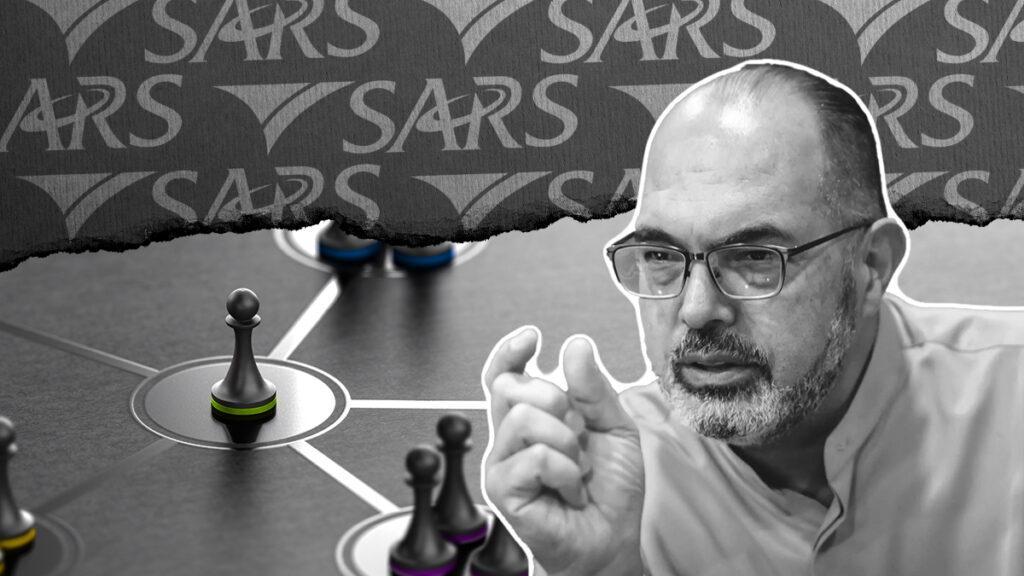Africa-Press – South-Africa. SARS’ proposed VAT Modernisation Project aims to combat tax evasion and improve compliance, making non-compliance both costly and risky for businesses and their directors.
This is according to Jashwin Baijoo, associate director and head of strategic engagement & compliance at Tax Consulting SA.
The South African Revenue Service (SARS) proposed Value-Added Tax (VAT) Modernisation Project is designed to combat challenges faced by traders, businesses, and SARS.
This includes compliance inefficiencies, the risk of errors, and tax evasion. Phase 1 will entail inserting key definitions into the VAT Act, such as “e-credit note”, “e-debit note” and “interoperability framework”.
This VAT Modernisation Project clearly aligns with SARS’ strategic objectives of making voluntary compliance easy, and non-compliance both hard and costly.
At the same time, Baijoo said the streamlined process will also benefit taxpayers, reducing reliance on time-consuming paper-based invoicing and reconciliations.
Although this particular project is still in the proposal stage, SARS has successfully implemented several other “Compliance Projects” and collection drives.
SARS’ compliance success in this age of automation can in part be attributed to its use of data-driven insights derived from both South African and international sources.
“These system modernisations allow the revenue authority to detect any degree of non-compliance and hold the perpetrating taxpayer, and in some instances, tax aggressive advisor, accountable,” Baijoo said.
“Flowing from automated processing, the data-driven insights inform SARS of all transactional records pertaining to specific taxpayers.”
Using AI also means that the “fine-tooth comb” is no longer needed to extrapolate these records into strong legal cases for non-compliance.
“This collaborative approach enables SARS to gain access to a comprehensive dataset, facilitating more robust evaluations of taxpayers’ financial activities,” Baijoo said.
With SARS’ enhanced non-compliance detection capabilities and a sharp focus on both past and future non-compliance, Baijoo stressed that correct tax and legal guidance has never been more critical.
“The most prudent approach is to heed SARS’ warning that non-compliance will be both hard and costly, and subscribe to the decentralised clearance model to be implemented under its newest modernisation project,” he said.
Taxpayers face fines and criminal charges
When it comes to VAT and its concomitant tax obligations, Baijoo said taxpayers are often under the false impression that if their company defaults with SARS, the directors and representatives have some protection.
Section 180 of the Tax Administration Act (TAA) empowers SARS to hold third parties personally responsible for a company’s tax debt/compliance if:
The person “controls or is regularly involved in the management of the overall financial affairs of a taxpayer”
SARS determines that the person acted negligently or fraudulently concerning the taxpayer’s tax debt
“Where a tax obligation exists, this would include liability for capital sums due, as well as related penalties and interest,” Baijoo explained. “Holding an official financial title within the company is not necessary.”
“Merely being involved in financial decisions can make an individual a target. Directors, shareholders, financial officers, and even informal advisors can be held liable if their actions (or inaction) contribute to tax non-compliance.”
Baijoo also warned that SARS’s collection arsenal is not limited to section 180. For example, sections 153 to 155 of the TAA impose personal liability on a “representative taxpayer”.
This includes public officers and any person responsible for managing a company’s tax affairs. They may be held personally accountable if the company’s actions are construed as fraudulent or “tax evasion”.
“The threat of personal liability extends beyond financial penalties. SARS has the power to initiate criminal proceedings against individuals controlling non-compliant companies,” Baijoo said.
“This means that simply paying a fine may not be enough; offenders could face criminal charges and even imprisonment.”
Baijoo said that for compliant VAT vendors, the modernisation project could be the tool needed to optimise administrative operations, reduce man-hours, and streamline refund processing.
For More News And Analysis About South-Africa Follow Africa-Press






